Let’s face it, millennials often get bad press. According to the media, they are lazy, entitled, job hoppers that are easily distracted by technology. Defined as those born in the 1980s and 1990s, millennials now make up the largest group of working adults in the US with up to one third of the workforce. But what do employers need to know about millennial stereotypes? In this post, we examine the common millennial stereotypes and whether they are fact or fiction. We then look at what that the implications are for employers.
Millennial Characteristics
1. Millennials Are Lazy
Millennials are often typecast as so laid-back that they are positively lazy with a poor work ethic. Fact or fiction? Well, almost every generation faces the same criticism from their elders of being lazy in their youth!
The truth is that millennials are not lazy as such, they just have different ways of working. If you think of the workplace as being the traditional 9 to 5 deskbound experience where the boss dictates what happens, then yes, you probably are at odds with millennials.
For this generation, the workplace is about accomplishing a task or end goal. They show greater flexibility in how they approach work and tend not to be shackled by rigid processes and inflexible ways of doing things.
Far more tech-savvy than any previous generation, millennials are often creative and solutions-driven.
So, for employers, the trick here is to play to the strengths of millennials. Try to avoid micro-managing them and instead allow them the freedom to be critical thinkers and problem solvers. Creativity and being able to take the initiative are far more positive ways to look at millennials as a cohort and will help to ensure you get the best out of them.
2. Millennials Are Technology Obsessed
The common perception is that millennials are technology obsessed and worse still, addicted to social media. If they are not permanently on Instagram and Snapchat, then millennials will be allowing themselves to be distracted by playing Candy Crush or Word Finder. The fear is that millennials in the workplace lack focus and easily get side-tracked by technology.
Fact or fiction? Well, it’s certainly true that technology is a big part of their lives. Millennials are after all the first generation of digital natives and have grown up with technology all around them.
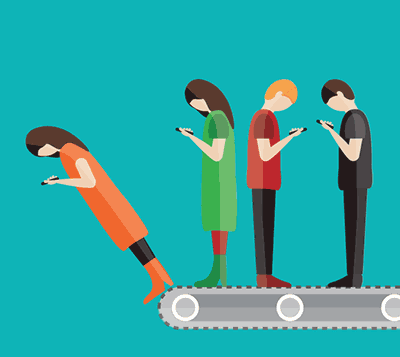
In addition, using social media and digital tools to keep on top of best practices and new trends or to follow what the competition is up to should be part and parcel of improving every company’s performance. Millennials are perhaps better placed than other generations to maximize these opportunities.
And if your millennial employee is spending too long on Instagram or Candy Crush when they should be working, then like any employee that is not performing as they should, there are always other remedies available to you.
3. Millennials Are More Socially Responsible
There is a perception in the media that millennials are more socially aware than previous generations. The view is that whether it’s climate change, protecting the environment, or workplace ethics, these kinds of issues are hugely important to millennials.
Fact or fiction? Research tends to suggest that there is some truth in this millennial stereotype. For example, in one recent study, 90 percent of millennials said that working in a sustainable company was important to them, compared to only 77 percent of Baby Boomers. In another survey, 81 percent of millennials said they expect companies to make a public commitment to good corporate citizenship.

Besides, when it comes to attracting and retaining the best candidates in the marketplace, having a strong ethical brand reputation could enhance your appeal to new millennial recruits. Research tells us that millennials would prefer to work for businesses that have a positive impact on the world. For this generation, when it comes to choosing potential employers, principles are becoming more important than pay.
4. Millennials Are Job-Hoppers
The accepted wisdom is that millennials change jobs frequently. Fickle and without any sense of employer loyalty, this generational cohort is quick to jump ship if a better offer comes along.
Fact or fiction? Well, according to Gallup and many other surveys, millennials are three times more likely to change jobs in the first year than other generations. Gallup also found that 60 percent of millennials are open to different job opportunities, which is 15 percentage points higher than the non-millennial workers with the same view.
But the statistics don’t reveal the full picture. The truth is that millennials are younger, more flexible, and mobile. They may not yet have family ties or be saddled with a mortgage. Also, ambition and a desire to get on in their career could be behind their job mobility.
5. Millennials Have A Sense Of Entitlement
Millennials are often seen as the ‘me’ generation, self-obsessed and unwilling to serve their time and pay their dues. There’s also a perception that this generation is advancing more rapidly up the career ladder than their predecessors, who were expected to put in the hard yards.
Fact or fiction? There’s no clear evidence to suggest that millennials feel any more entitled than other generational cohorts. In fact, there’s a strong argument for suggesting that every older generation thinks the new one is inherently selfish. The same was said of Gen Xers and the Baby Boomers in their day.
6. Millennials Are Praise-Hungry

Fact or fiction? Well, who doesn’t like to receive positive feedback and recognition for a job well done? There’s plenty of research that suggests we all respond better to positive workplace environments in which hard work and good ideas are valued and recognized. In fact, praise and recognition are key drivers for employee engagement, which can impact productivity and ultimately profits.
For employers, the important takeaway here is that millennials are probably no less needy than anyone else in the workforce. However, developing a company culture of regular positive feedback and constructive criticism will be of benefit to all the generational cohorts represented in your business.
7. Millennials Have Different Career Goals And Aspirations
Millennials are often portrayed as having different career aspirations and goals from older generations. This stereotype stems from the fact that millennials change jobs more frequently and tend to have a shorter tenure with an employer. The perception is that the job security and comfort associated with a 9 to 5 set up and a long career with the same employer is no longer an aspiration for this generational cohort.

However, there’s nothing in the research to suggest that millennials are any less ambitious than other generations. Rather, it seems they have embraced technology and new ways of working more enthusiastically than others in the workforce.
How Stereotypes Affect Millennials
Most employers recognize stereotypes for what they are: exaggerations of the truth. However, for millennials in the workplace, it’s important to be aware of these typecasts so that you can present yourself in the best light possible.
For example, take the time to explain to your Baby Boomer boss that keeping a regular check on Twitter is not just a time-waster. In fact, it allows you to stay on top of the latest industry news as well as what the competition is getting up to on social media.
Likewise, before you rush in demanding to work from home one day a week, make sure that you have first proved your worth. In addition, set yourself quantifiable targets so that the arrangement is transparent not only to your manager but also your peers.
As a millennial worker, sensitivity to the stereotypes that exist in the workplace helps you to understand the behavior and motivations of managers and co-workers. This, in turn, enables you to perform better at the job.
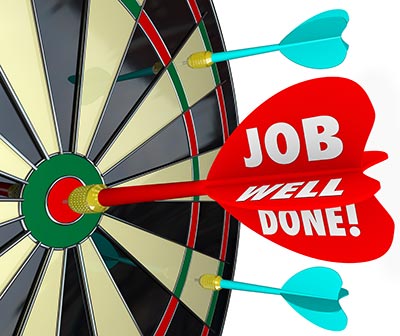
Similarly, draw on the millennial’s need for praise and recognition and develop a company-wide employee recognition program. Such an initiative will have a positive effect on morale and motivation for all employees.
And instead of bemoaning the millennial tendency to job hop, why not involve them in drawing up a comprehensive employee wellness package that will see you retain more staff members for longer.
One important thing that employers should be aware of is a key finding of the Deloitte Global Millennial Survey 2019. The survey found that millennials’ opinions of business have continued on a downward trajectory. Only 55 percent of millennials in the latest Deloitte survey said that business has a positive impact on society, compared to 61 percent in 2018. Unlike other generations, millennials are prepared to support businesses that have a positive impact on society in general. And this includes spending their consumer dollar.
The fact is if an organization fails to align with the millennial’s ethics, values, or even political views, then they will not hesitate to walk away. And it’s this shift in perspective which is far more important for employers to address than any exaggerated stereotypes of millennials.

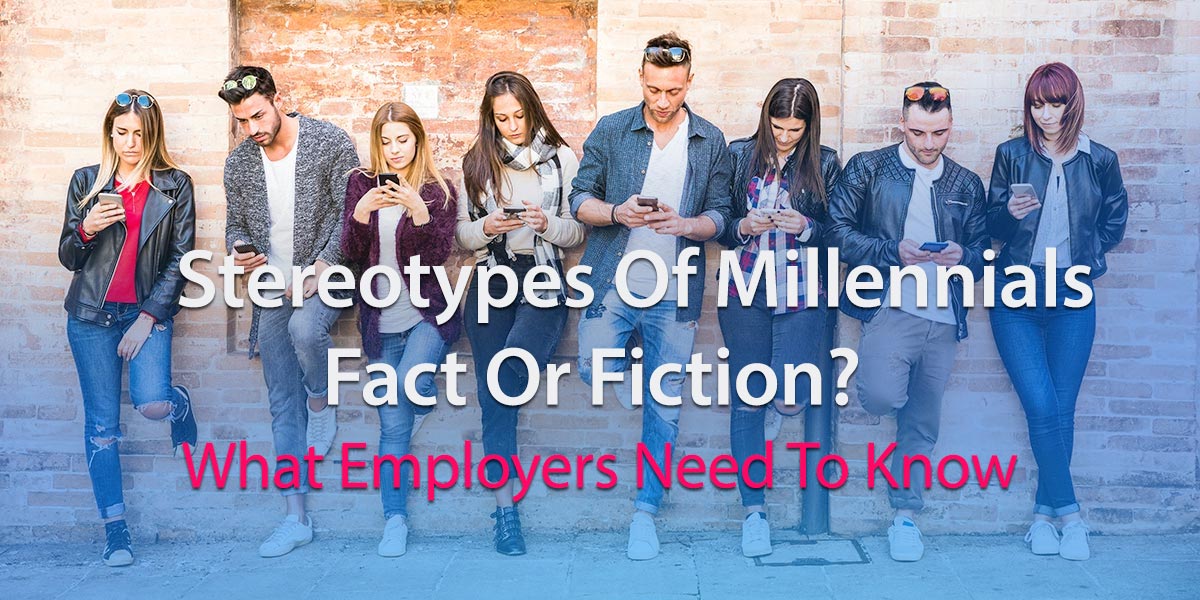
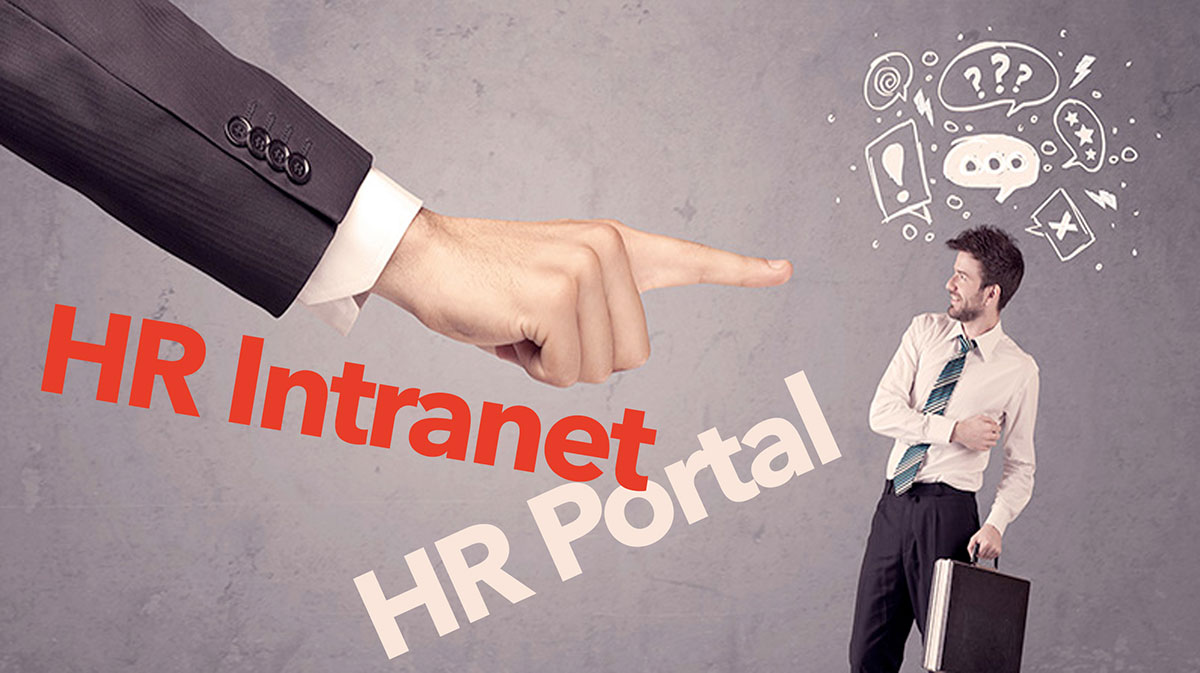
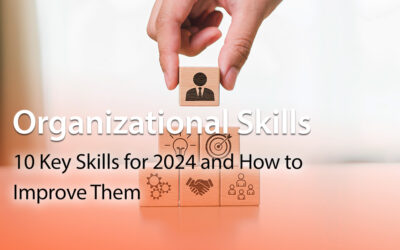

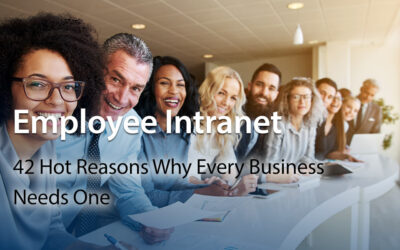


I loved this article! I’m a millennial and I wish every employer I’ve had in the last 10 years could read this. I’ve job hopped multiple times due to unethical practices in multiple companies. Two of my jobs had unethical construction practices and at another job I was sexually harassed and nothing was done about it, so I quit. At all of these places the people were older than me and just expected me to just stick around, keep my mouth shut, and deal with it. I feel like a lot of older generations still think this is how things should be in business. Don’t speak up, just pretend unethical things didn’t happen.